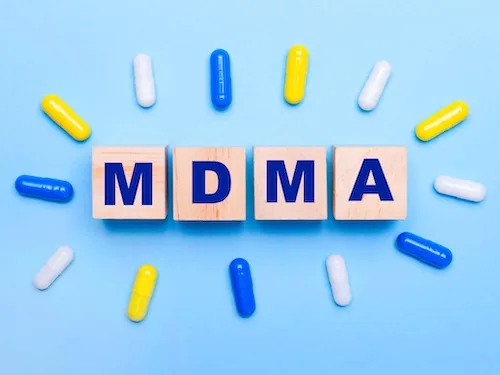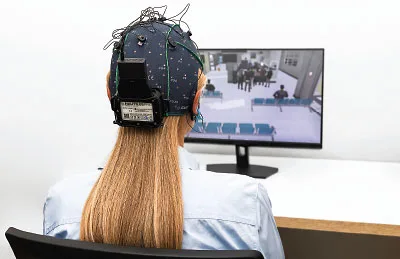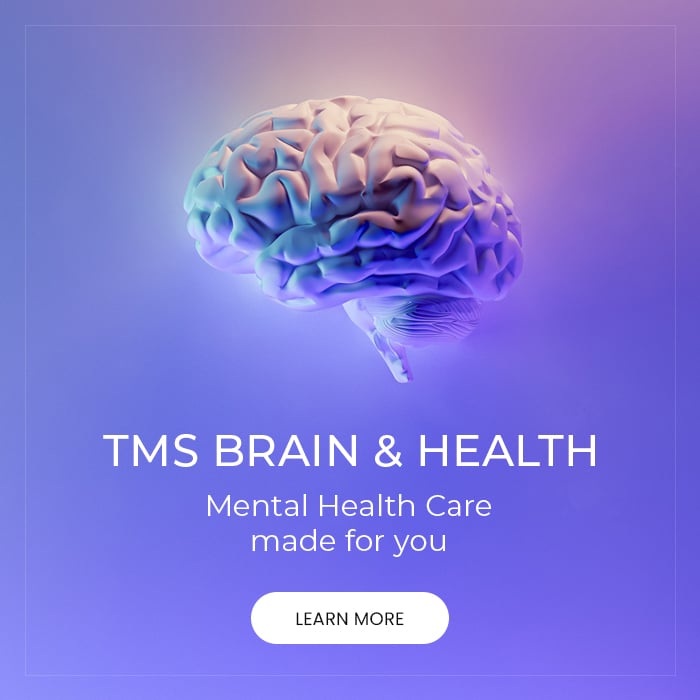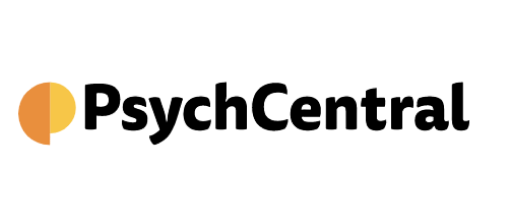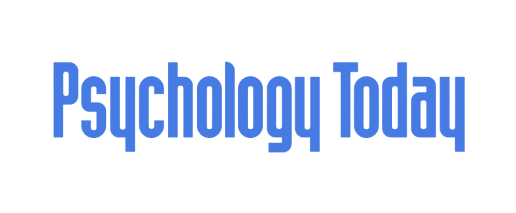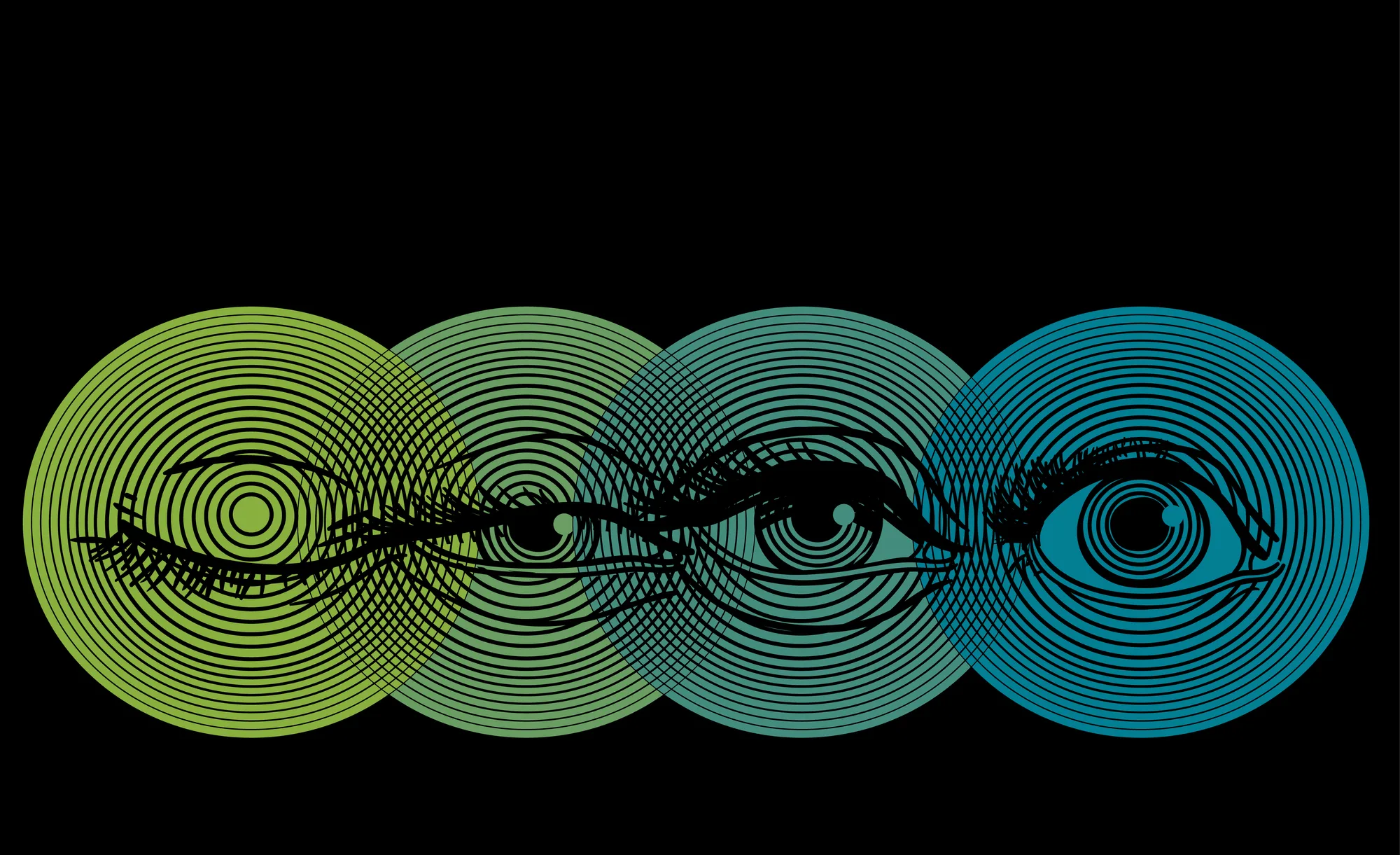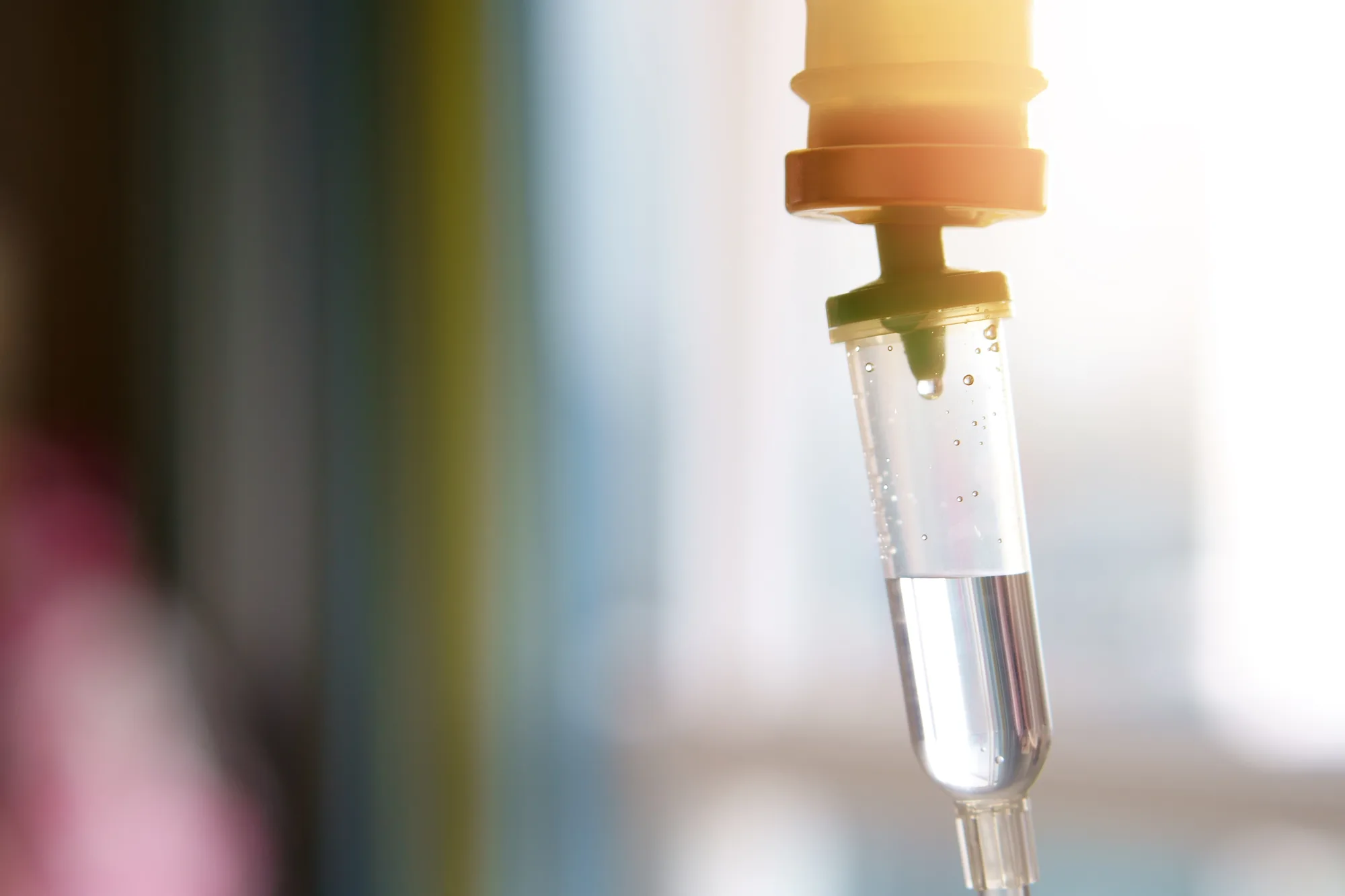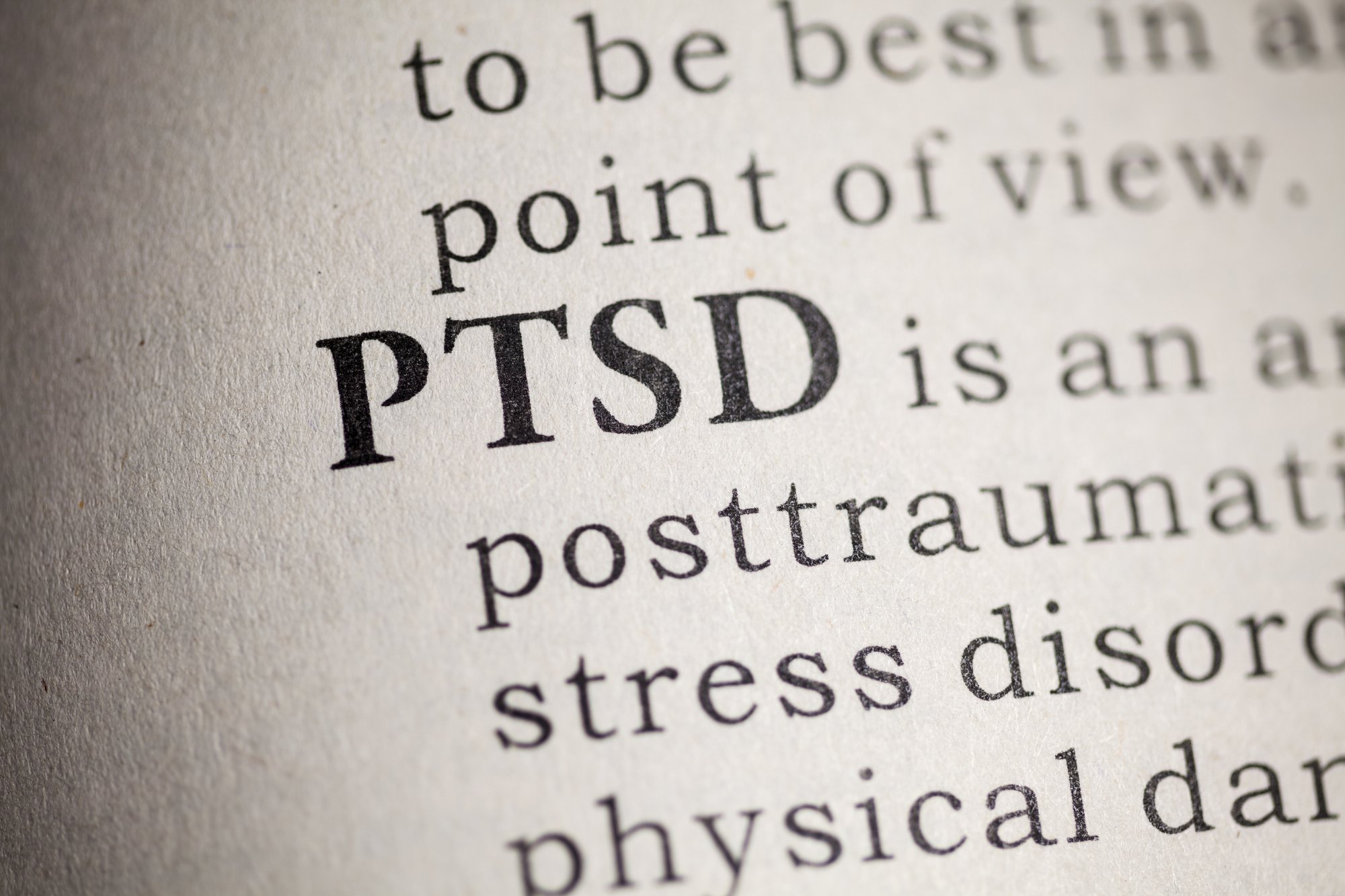Should I try ketamine or ECT first to treat depression?
Everyone knows that sadness and joy are parts of everyday life. But what happens when that occasional blue mood turns into recurring episodes of anxiety, panic attacks, and even lack of interest in participating in routine activities? That’s when intense sadness becomes depression.
Doctors prescribe various anti-depressant medications to help bring relief to symptoms associated with depression. But these medications don’t always work, can become less effective, or even stop working after a while.
According to Thomas Insel, Former Director of the National Institute of Mental Health, “Recent data suggest that Ketamine, given intravenously, might be the most important breakthrough in antidepressant treatment in decades.”
Here’s a look at the top reasons why ketamine infusion therapy is better than Electroconvulsive Therapy (ECT) for treating major depression, persistent depressive disorder, seasonal affective disorder, and other mood disorders.
What is ECT?
First, let’s take a brief look at electroconvulsive therapy. ECT is a form of shock therapy that has evolved over time and is a milder therapy then it once was, though still not terribly common. However, it may be recommended for patients if, after taking several of the traditional depression medications, they have not found relief. This treatment consists of passing a small electric current through the patient’s brain to induce a mild seizure. The desired result is a chemical change in the brain leading to potential improvement of depression symptoms.
However; ECT is not without its problems, including the need for hospitalization as the patient must undergo general anesthesia during the course of their session.
Cons of using ECT include:
- Higher cost
- Limited access
- Adverse side effects including memory loss
- Requires anesthesia and hospital stay
- Stigma associated with this form of treatment
- Invasive treatment
In recent years, healthcare professionals are prescribing alternative and less invasive treatment methods to ECT such as ketamine infusion therapy.
Ketamine Infusion Therapy Versus ECT
ECT is one option for treatment resistant depression, but due to potential side effects, expense of hospitalization and anesthesia, alternative methods such as intravenously administered ketamine, other options should be considered first. People receiving ketamine therapy report a positive change and sometimes immediate improvement in their depressive symptoms, greater memory function and an altogether better quality of life.
There are many positives to using ketamine therapy instead of ECT. Patients have seen up to an 85 percent success rate when ketamine is used as a treatment for PTSD, bipolar disorder and depression.
Pros of using ketamine include:
- Faster results
- Fewer side effects
- Less expensive
- Performed on an outpatient basis
- No need for anesthesia
A Revolutionary Solution to Your Medical Needs
Ketamine is being used as a revolutionary solution to help treat depression, manage pain, and many other pressing medical needs. This new treatment option is changing the game in the medical world for treatment-resistant depression that has not responded well to traditional antidepressant medications, ECT, or other forms of therapy.
Ketamine doesn’t cause memory problems and as you are fully awake during the ketamine IV session, there is no need for general anesthesia. Another benefit of ketamine infusion therapy is that it’s done in a discrete office setting and you don’t have to worry about filling any prescriptions at the pharmacy. You can schedule your IV infusions at your convenience, around your hectic family life and busy work schedule.
A Typical Ketamine IV Infusion Session
Ketamine is administered as a low dosage intravenous (IV) infusion. Many ketamine clinics have you lie down during your session in a cozy reclining chair, complete with a soft blanket and the option to listen to your favorite music.
A typical session lasts around one hour and your treatment process is carefully monitored by healthcare professionals to make sure you don’t experience any side effects. Your doctor will suggest a plan of treatment and schedule you for around six or more therapy sessions, with the entire course of treatment spread out over several weeks.
During your session, you will feel relaxed and may even experience a mild euphoric feeling. Because of this possible effect, you may want to spend a few minutes recovering in the doctors’ lounge until you feel ready to leave. Also, you won’t be allowed to drive immediately after your session and should arrange for a friend, family member, or Uber, to drive you home.
Your provider will also consult with you to determine if any follow-up sessions are necessary. These booster sessions will ensure you continue to experience positive results and a reduction in depression symptoms.
Finding the Help You Need Today
It’s time to look forward to living the life you want to live. Repeated episodes of extreme sadness, panic attacks, and severe depression are signs to reach out for the help you need. Ketamine infusion therapy is an effective treatment for PTSD, seasonal affective disorder, depression and other mood disorders and should be considered first before ECT for treatment-resistant depression. It is safer, has fewer side effects and offers fast-acting relief.
Top-rated ketamine treatment providers, such as Pacific Ketamine Institute, offer IV ketamine infusions on an outpatient basis. These infusions are the perfect alternative therapy method to help anyone suffering from chronic pain or depression. People using this breakthrough therapy report experiencing positive results, with depression symptoms improving almost instantly.
Pain Centers Offering Ketamine Therapy
When you are looking for ketamine treatment in the Los Angeles area, the medical staff at Pacific Ketamine Institute (PKI), have over 50 years of combined experience practicing medicine. The Institute’s specialties include pain management, ketamine treatment, and anesthesiology.
PKI are pioneers in the use of ketamine to treat chronic pain as well as depression, bipolar disorder, PTSD, and other mood disorders. Contact the Bespoke Treatment today to see if you are nearby our Beverly Hills clinic to get a free consultation and get the help you need and improve the quality of your life: 833-867-2329.


